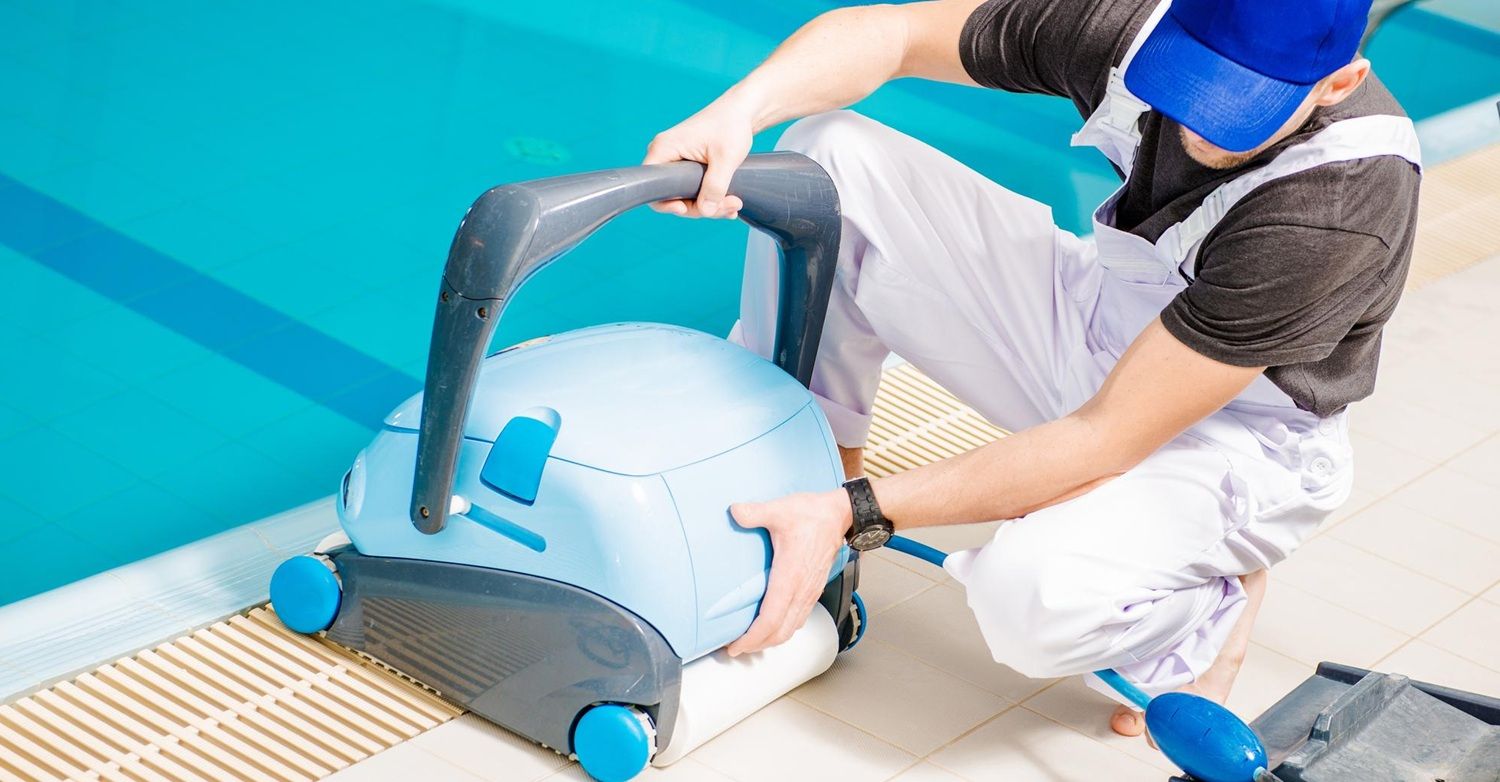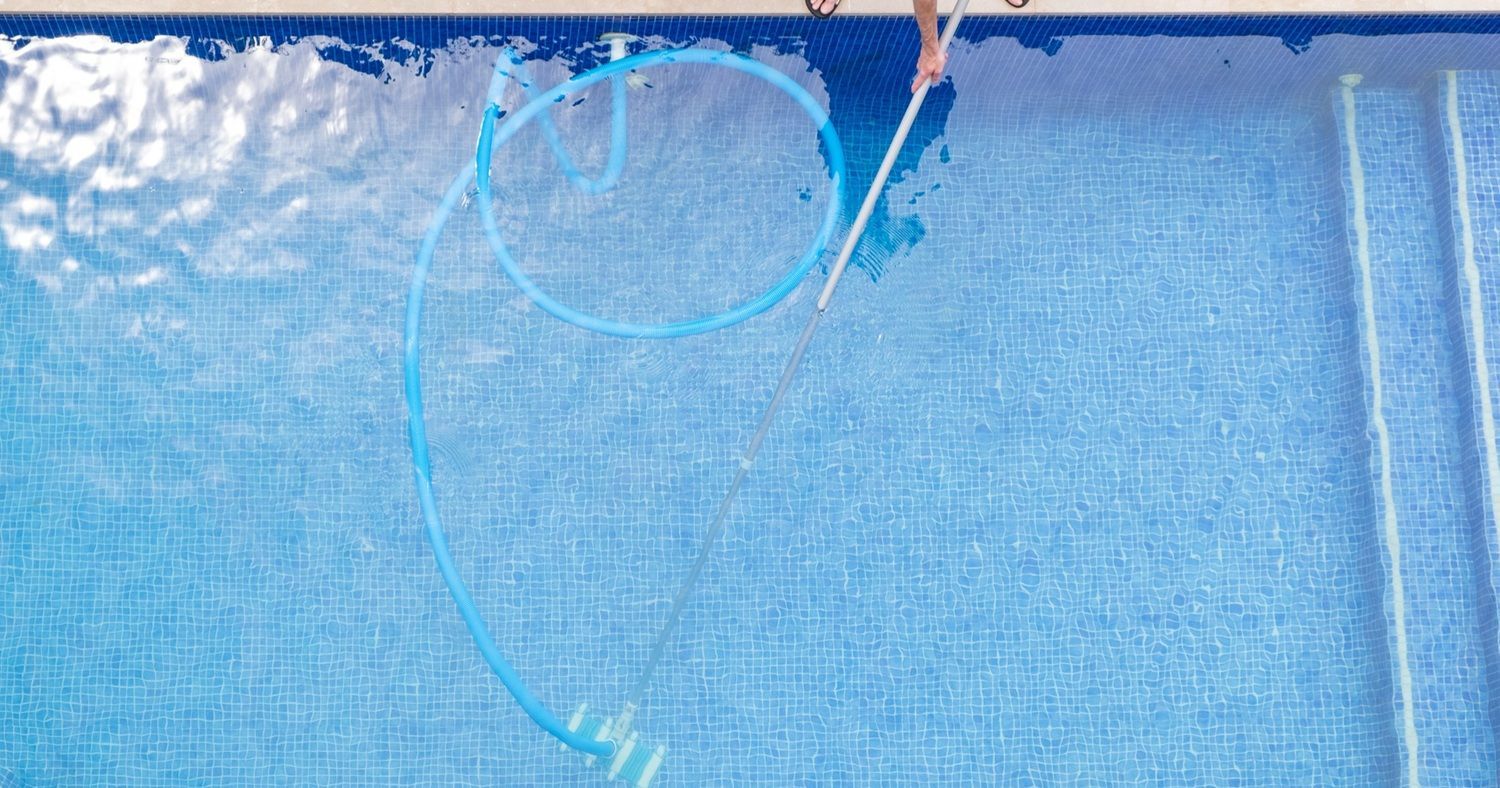Pool Vacuum vs. Robotic Cleaner: Which Option Suits Your Needs?
When it comes to keeping your swimming pool clean, choosing the right cleaning equipment is crucial. The type of cleaner you select can significantly influence the ease and efficiency of your pool maintenance routine. With the market offering a variety of options, you may find yourself torn between a traditional pool vacuum and a modern robotic cleaner. Understanding the differences between these two types of pool cleaners will help you make an informed decision that best suits your needs. Let’s delve deeper into each option to understand their functionalities, benefits, and limitations.

Understanding Pool Vacuums
Pool vacuums have been around for many years and are often the go-to choice for many pool owners. These devices, typically connected to your pool's filtration system, use suction to collect debris from the pool floor and sometimes walls. They have a straightforward design and operation, making them a reliable choice for pool maintenance. Their long-standing presence in the market is a testament to their effectiveness and reliability in performing basic cleaning tasks.
Types of Pool Vacuums
There are two main types of pool vacuums: manual and automatic. Each type has its unique set of features, making them suitable for different needs and preferences.
- Manual Pool Vacuums: These require you to physically move the vacuum around the pool using a telescopic pole, guiding it to clean different areas. While more labor-intensive, they offer control over the cleaning process. This control allows you to focus on areas with high debris accumulation, ensuring a more targeted clean. However, the physical effort involved may not be ideal for everyone, especially for those with larger pools or limited time.
- Automatic Pool Vacuums: These connect to the pool's skimmer or dedicated suction port. They move around the pool on their own, cleaning up debris as they go. While less effort is required compared to manual vacuums, they still rely on your pool's filter system to function. This reliance can sometimes lead to increased wear on the pool's filtration system. Nevertheless, their autonomous operation offers a balance between convenience and control.
Pros and Cons of Pool Vacuums
Pros:
- Cost-effective, especially manual models. Manual vacuums are often the least expensive option for pool cleaning, making them accessible to a wide range of budgets.
- Simple to use with minimal setup. The straightforward design of pool vacuums allows for easy assembly and operation, even for those new to pool maintenance.
- Effective for basic cleaning tasks. They efficiently handle common debris such as leaves and dirt, keeping your pool ready for use.
Cons:
- Manual vacuums require physical effort and time. Regular cleaning sessions can be time-consuming, particularly for larger pools.
- Automatic models can strain the pool's filtration system. This strain can lead to more frequent maintenance and potential repairs.
- Limited advanced features compared to robotic cleaners. Traditional vacuums may lack the ability to scrub surfaces or filter finer particles effectively.
Exploring Robotic Pool Cleaners
Robotic pool cleaners represent a leap in technology and convenience for pool maintenance. These self-contained units operate independently of your pool's filtration system and are equipped with their own motors and filtration bags. This independence from the pool's system is a major advantage, reducing strain and potentially extending the life of your existing equipment. The advanced technology embedded in robotic cleaners allows for more precise and efficient cleaning, adapting to the unique shape and size of your pool.
How Robotic Cleaners Work
Robotic cleaners are powered by electricity and can be programmed or manually operated via remote control. They navigate the pool using smart technology, ensuring comprehensive cleaning of the pool floor, walls, and sometimes even the waterline. This smart navigation helps them cover every inch of your pool, leaving no spot untouched. Additionally, some models come with sensors that detect obstacles or areas needing more attention, further enhancing their cleaning efficiency.
Advantages of Robotic Pool Cleaners
Pros:
- Highly efficient and require minimal supervision. Once set up, they can operate with little to no intervention, freeing up your time for other activities.
- Equipped with advanced cleaning features such as scrubbing brushes and fine filtration. These features allow them to tackle stubborn stains and filter out even the smallest debris particles.
- Reduce wear and tear on your pool's main filtration system. By operating independently, they lessen the load on your pool's system, leading to fewer repairs and maintenance needs.
- Energy-efficient models available, reducing electricity costs. Despite their advanced features, many robotic cleaners are designed to consume less power, making them an eco-friendly choice.
Cons:
- Generally more expensive upfront compared to traditional vacuums. The initial cost can be a barrier for some, but many find the investment worthwhile due to the long-term benefits.
- May require maintenance of their internal components. Regularly checking and cleaning their filters and brushes is necessary to maintain optimal performance.
Comparing Pool Vacuums and Robotic Cleaners
When deciding between a pool vacuum and a robotic cleaner, consider the following factors. Each has distinct advantages and potential drawbacks that can impact your pool maintenance routine and overall satisfaction.
Cost
Pool vacuums, especially manual ones, are typically more affordable than robotic cleaners. However, the initial investment in a robotic cleaner can be offset by its efficiency and reduced operating costs over time. Consider the long-term savings from decreased energy consumption and less frequent pool system maintenance. This can make the higher upfront cost of a robotic cleaner more palatable in the long run.
Ease of Use
Robotic cleaners are designed for convenience, operating with minimal input from the user. This makes them particularly appealing for those with busy schedules or physical limitations. In contrast, manual pool vacuums require significant physical effort, while automatic vacuums need regular monitoring and maintenance. Your willingness to engage in the cleaning process can significantly influence which type of cleaner will best suit your lifestyle.
Cleaning Efficiency
Robotic cleaners often outperform traditional vacuums due to their advanced technology and ability to clean all pool surfaces thoroughly. They are especially effective at removing fine debris and scrubbing pool surfaces. Their ability to reach difficult spots and their enhanced filtration systems make them a superior choice for pristine pool maintenance. Traditional vacuums, while effective for larger debris, may struggle with finer particles and require more manual intervention.
Impact on Pool System
Traditional vacuums rely on your pool's filtration system, which can lead to increased wear. This can result in more frequent maintenance and potential costly repairs. Robotic cleaners operate independently, preserving your pool's system and potentially extending its lifespan. This independence can lead to overall savings and a more sustainable pool maintenance approach.

Making the Right Choice for Your Pool
Consider Your Budget
If you're working within a tight budget, a manual or automatic pool vacuum might be the best option for you. These provide an affordable entry point to pool maintenance, especially for smaller or less frequently used pools. However, if you can afford a higher upfront cost, a robotic cleaner could save you money in the long run through energy efficiency and reduced maintenance costs. Analyze your financial situation and long-term pool maintenance goals to make the most economical choice.
Assess Your Cleaning Needs
For pools that see frequent use or are located in areas with lots of debris, a robotic cleaner may be more effective. Its ability to clean thoroughly and efficiently makes it ideal for high-maintenance pools. Consider factors such as the size of your pool, the surrounding environment, and how often your pool is used to determine the level of cleaning required. A robotic cleaner’s advanced capabilities can ensure your pool remains inviting and ready for use at all times.
Evaluate Your Willingness to Maintain Equipment
Robotic cleaners require less manual effort but do need occasional maintenance, such as cleaning the filter bag and checking the power supply. This minimal upkeep can be appealing to those who prioritize convenience. Pool vacuums, while simpler, demand more physical labor during operation. Your personal preference for hands-on maintenance versus automated convenience should guide your decision-making process.
Conclusion
Choosing between a pool vacuum and a robotic cleaner ultimately depends on your specific needs, budget, and willingness to maintain the equipment. Both options have their merits, but if convenience and thorough cleaning are your top priorities, investing in a robotic cleaner could be a worthwhile decision. Their advanced features and autonomous operation make them suitable for those seeking a stress-free pool maintenance experience. On the other hand, if cost-effectiveness and simplicity are more important, a traditional pool vacuum might be the way to go. Their straightforward design and operation offer a reliable solution for those on a budget.
At Oceancare Products Store, your trusted source for Pool Tile Cleaners & Sealers, we understand how important it is to maintain your pool with the right tools and products. By carefully considering the factors outlined above, you can select the best pool cleaner that aligns with your preferences and ensures a sparkling clean pool all season long.
Contact us if you have any questions about maintaining your pool or choosing the right products—we’re here to help you keep your pool looking its best.


